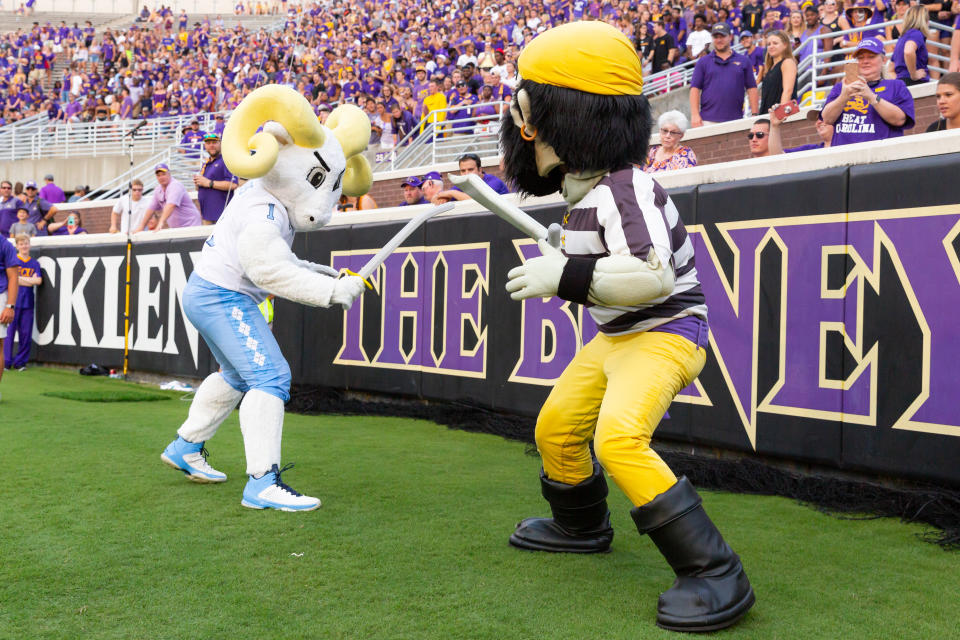Colleges prepare for 'hand-to-hand combat' amid declining enrollment and coronavirus pandemic
The future of higher education looks grisly, one college president says.
In light of the coronavirus pandemic and enrollment declines, colleges are struggling to keep up with expenses and are already making difficult decisions, like laying off staff.
“It puts us at a place where we're having to compete with others who may have been in this space a little bit longer,” Florida A&M University (FAMU) President Larry Robinson told Yahoo Finance’s On The Move (video above). “The competition was going to get fierce — it already is, with the best and brightest students… [it’s] pretty much hand-to-hand combat.”

‘Long been ignored’
Recent data by the National Student Clearinghouse Research Center, which looked at 629 colleges, revealed a 2.5% decline in enrollment across the board compared to the year before.
At FAMU, a 133-year-old historically black college (HBCU), enrollment is down 4.5% from last year — from around 9,600 to 9,200.
With enrollments down, tuition revenue for public and private colleges will likely take a hit. The funding from the CARES Act was “very, very helpful,” Robinson said, but lawmakers are struggling to pass new stimulus legislation.
According to Alexandria Harris, executive director of the Andrew Goodman Foundation, those funding shortfalls are going to set them back with regaining enrollment because when an African-American student is considering schools, “there's a question between, do I go to an HBCU or do I go to an Ivy League school?”
And that’s a hard battle to win for a HBCU, due to “the lack of resources and attention” that’s been given to them historically, Harris added, “to give them the ability to compete with the Ivies that have so much money” such as a full ride, a large scholarship, or state-of-the-art facilities.

Rethinking a college education?
Robinson noted that his college serves a wide number of low-income students, who some reports suggest are abandoning college due to the pandemic.
Basically, the pandemic is forcing them to question the value of a degree. In one survey by Global Strategy Group, Third Way, and New America, 59% of Black students said “higher ed is not worth the cost to students anymore.”
Remote learning isn’t easy, they added: 78% of Black students surveyed said they’ve had to make purchases which were of significant cost to them, just to continue their classes online.
“I am concerned in particular for those persons from the socioeconomic background that we serve because I think they are going to be the most negatively impacted by it,” Robinson added.
And based on a recent survey of students conducted by his college, he anticipates the financial pain from the virus and the recession to persist for “some time.”
Read more:
Student loans in America are 'a federal government problem,' expert explains
Warren and Schumer urge student debt cancellation of up to $50,000 for all federal borrowers
U.S. colleges saw fewer undergrads enroll this fall, amid COVID-19
Read the latest financial and business news from Yahoo Finance
Follow Yahoo Finance on Twitter, Facebook, Instagram, Flipboard, SmartNews, LinkedIn, YouTube, and reddit.

 money
money 
